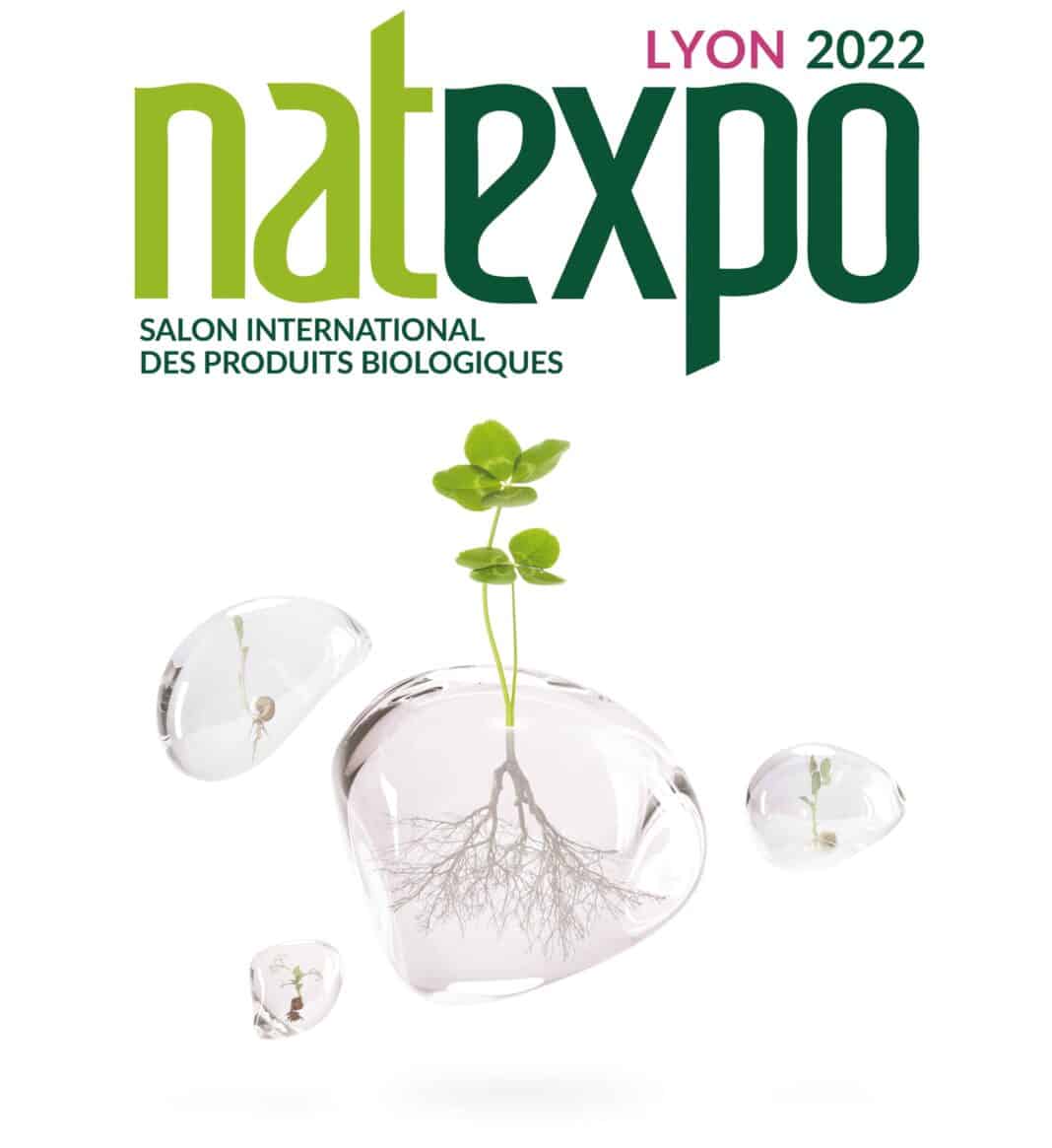Ecological transition, environmental issues, eco-responsibility, local production and consumption, transparency, food autonomy, purchasing power… Established today in a lasting manner in consumption habits, organic continues to evolve, striving to integrate all the aspirations of the moment, and no longer just those of health and naturalness. Because all these values, precisely, have been his since the beginning. In the context of current challenges, the Natexpo trade show and its 1,800 exhibitors, from September 18 to 20
in Lyon, have once again claimed the benefits of the organic production method which preserves the present and which encourages as many people as possible to consume better and consciously. Circuits courts, respect for producers, well-being, are all trends that the organic sector is now integrating to consolidate its success. Leader Réunion took a tour of the new features of Natexpo 2022 and reports on the questions raised in conferences, particularly numerous this year…
The organic market has experienced strong growth for more than 10 years and recorded double-digit growth between 2015 and 2020. By 2027, the turnover of the food and organic cosmetics sectors could double and go from 13 to 26 billion euros, according to one of the scenarios revealed by a prospective study carried out by Crédoc and the AND International design office for “Natexbio – The Organic House », owner of the Natexpo salon. Even if the organic food market is currently experiencing a slight decline after the exceptional period of 2020, it nevertheless recorded an increase in home consumption of 11,4% compared to the year of pre-covid 2019. Consumers therefore confirm their enthusiasm for organic products. However, their expectations tend to evolve, particularly towards more local products, antigaspi, ethical… Organic stakeholders are therefore more mobilized than ever. Fair price, innovation, opening of new outlets, are the levers activated to fulfill what they still consider to be their founding mission : allow as many people as possible to consume products that are healthy for themselves and the environment.
Organic beauty still thriving
Another positive and encouraging sign for organic : its confirmed success in beauty hygiene. If the slowdown in organic is proven in the food sector, the beauty hygiene universe, his, has never been so flourishing. In 2021, bio has recruited more than 1,7 million buyers in the segment compared to the previous year. A development that comes through historic organic brands, but also by an explosion of new proposals from conventional brands, independent brands (indie brands) and private labels. And the forecasts predict anything but a crisis : in 2023, organic could represent 8,5% of the cosmetic market (+ 2 points compared to 2021), thanks to sales now expected to jump 12% per year in value.

Organic commitment is no longer enough
However, half of French people wonder about organic. Faced with a very competitive market and an increase in marketing communications on the “food transition” or “agro-ecology”, the consumer struggles to locate the specificities of organic. At a time when purpose and commitments are becoming prerequisites, organic must therefore rethink itself and push further its territory of ecological commitments, ethical and authentic. We can no longer only talk about “pesticide-free” or organic, when 46% of French people want to know the environmental impact of the products they buy1. The ingredient is no longer the only parameter in the organic equation, all stages of the product's life now take a major place. No longer just the upstream (culture, sourcing), but also downstream and, Above all, the after, recycling and circularity. It is in relation to this evolution towards sustainability that organic trends must now be understood in this year 2022..
1 Agence Bio, 18th barometer of consumption and perception of organic products in France, produced with marketing consultancy Spirit Insight, from November 13 to December 1, 2020 with 2,000 people.












